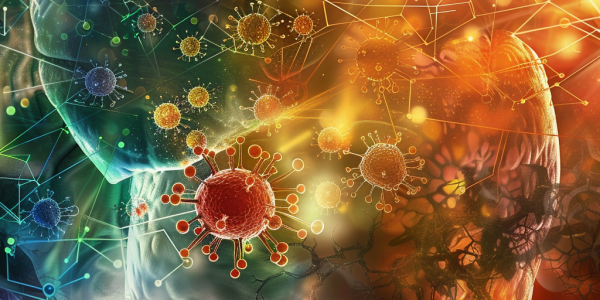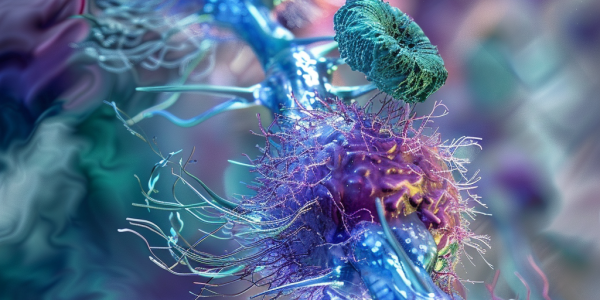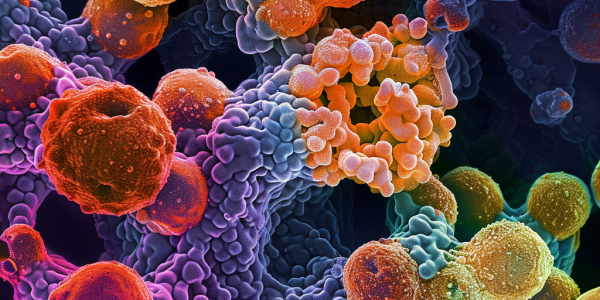Breakthrough Combination Therapy Enhances Liver Cancer Treatment Outcomes
A groundbreaking study from Massachusetts General Hospital reveals a promising combination therapy targeting CXCR4 and PD1 proteins to enhance immunotherapy for liver cancer, specifically hepatocellular carcinoma (HCC). This innovative approach aims to improve treatment outcomes by boosting dendritic cell activation, addressing the urgent need for effective strategies against this aggressive cancer. With liver cancer projected to become the third leading cause of cancer-related deaths by 2040, this research offers hope for better therapies in the fight against HCC.
Study Highlights Importance of Tertiary Lymphoid Structures in Liver Cancer Treatment
A groundbreaking study from Johns Hopkins Kimmel Cancer Center reveals that tertiary lymphoid structures (TLS) significantly enhance anti-tumor immunity in liver cancer treatment. Published in Nature Immunology, the research indicates that higher densities of TLS correlate with reduced cancer recurrence post-surgery, emphasizing their potential role in improving outcomes for patients undergoing presurgical immunotherapy for hepatocellular carcinoma (HCC).
Study Reveals Hidden Complexities in Liver Cancer Tumors
A recent study funded by the National Research Foundation Singapore revealed unexpected molecular heterogeneity within liver tumors, with more than 40% of hepatocellular carcinomas containing multiple molecular subtypes. Published in the Journal of Hepatology, the findings emphasize the importance of comprehensive sampling in studying and treating liver cancer to optimize patient outcomes. The ‘bad apple effect’ underscores the need for personalized treatment strategies to address the complexities of liver cancer and improve clinical outcomes.



